3 Rules That Lead Directly to Success
The most toxic words ever spoken? "It's not my fault."
Uttering those words leaves us utterly powerless. Conversely, taking responsibility for everything that happens gives us all the power.
One of my most important teachers, Marshall Thurber, starts every class I've taken with him the same way. He asks the class to make an agreement that during the duration of our time together, that we won't lay blame, justify anything, or feel shame.
Think about how much that can change the way we look at things.
No Blame
Everything that happens to us is our own responsibility. Things don't happen to us, we happen to things. Whenever we look squarely at ourselves as being responsible for everything that happens to us, with us and in us, we take ownership of our lives. Therefore, we take power of our lives. If we blame anyone or anything, we give our power away.
No Justification
It isn't the train's fault that I was late. It was my fault. 'I can't do accounting because I'm a literary type.' Wrong. I can't do accounting because I've chosen to disdain it. I can do anything I want, including being on time, accounting, and everything else. It's all choice, and justifying things that I have chosen not to do as outside my control, once again, robs me of my own power.
No Shame
This is the one that frees me. Sure, I screwed up. I made a bonehead move. I acted without the right information, or acted on the wrong theory. Now I must accept it, take responsibility for it, and move on without shame. Much of America is a shame based society. Contrition is often displayed by how terrible we feel about ourselves, but what Marshall taught me is that I can't learn anything while feeling shame.
Am I supposed to be perfect? No. So I am going to screw up. When I feel shame, it prevents me from learning and getting better.
Note - I suppose intention is an important part of this. I don't want to say that sociopathic, criminal, or purportedly evil behavior shouldn't cause people to feel bad. If our intentions are good and our motives are worthy and we slip up, shame does us no good. Of course, people like Jeffrey Dahmer should feel shame.
Below, or Above, the Line?
Marshall refers to the space of blame, justification and shame as 'below the line'. Then what is 'above the line'?
Personal Responsibility
It's been said that the moment we accept that we are responsible for everything that happens to us in our lives is the same moment that we take control of our own destiny.
It means that, yes, the bad things that have happened were our own doing. But it also means that we can decide to make only good things happen in the future. That is the part I love about this way of thinking. It means that in an instant, we can change our focus to being tossed by the wave to riding the wave.
Which would you prefer?
More From Retro 102.5
![Paul Interviews the Colorado Climber on Everest During Earthquake [VIDEO]](http://townsquare.media/site/49/files/2015/05/IMG_18281.jpg?w=980&q=75)
![Drinking Too Much But Not Alcoholic? Try These Tips to Improve Your Health [VIDEO]](http://townsquare.media/site/49/files/2015/03/beer-Amy-Alcorn.jpg?w=980&q=75)
![Achieve Your Dreams By Embracing This Moment [VIDEO]](http://townsquare.media/site/49/files/2015/03/Jumping-for-Joy-Credit-iStockphoto-92991648.jpg?w=980&q=75)
![Happy Personal Trainer’s Day! [PHOTO GALLERY]](http://townsquare.media/site/49/files/2015/01/IMG_2431-e1420211210994.jpg?w=980&q=75)
![Two of Paul’s Favorite Gurus Together! [VIDEO]](http://townsquare.media/site/49/files/2014/10/Brendan-Burchard-MLM-Pro-via-Youtube.jpg?w=980&q=75)
![Steve Jobs Advice? Ask For Help [VIDEO]](http://townsquare.media/site/49/files/2014/10/Steve-Jobs-Getty-Justin-Sullivan.jpg?w=980&q=75)
![Pictures From Oprah’s The Life You Want Weekend Detroit [GALLERY]](http://townsquare.media/site/49/files/2014/09/Oprah-Life-You-Want-Weekend-7.jpg?w=980&q=75)

![James Cameron – Living Inspiration [VIDEO]](http://townsquare.media/site/49/files/2014/08/James-Cameron-Getty-Dave-Kotinsky.jpg?w=980&q=75)
